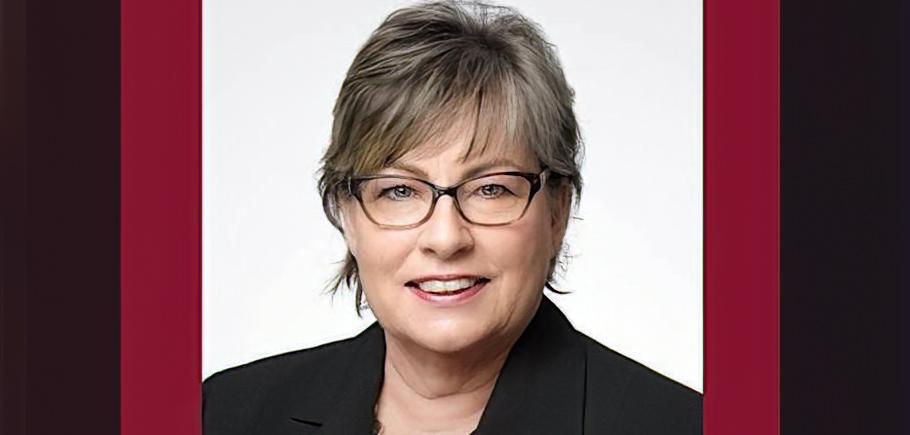 During a merger or acquisition, careful attention must be paid to the seller’s retirement plan(s) to ensure there are no issues after the transaction. With proper planning, there can be a smooth transition with minimal impact on the employees. Below are some questions to consider:
During a merger or acquisition, careful attention must be paid to the seller’s retirement plan(s) to ensure there are no issues after the transaction. With proper planning, there can be a smooth transition with minimal impact on the employees. Below are some questions to consider:
What is the type of transaction?
Whether the transaction is an asset sale, a stock sale or a disposition of a portion of the seller’s business has an affect on the options available for the retirement plan.
Will the seller’s plan be terminated, merged into the buyer’s plan or remain as a stand-alone plan?
This is a decision that should be made well in advance of the close to avoid potential corrections later.
What happens to outstanding loan balances for employees of the seller’s plan?
A plan termination may result in unintended tax consequences for employees with outstanding loan balances.
Is there a defined benefit plan with unfunded liabilities?
Defined benefit plans are complicated. A buyer needs to be fully aware of outstanding funding obligations as this may have an impact on the transaction price.
Retirement Plan M&A Checklist
It is extremely important to review the plans and consider all available options early in the transaction to ensure a smooth transition for the employees. As part of our due diligence process, we see these areas as common and important:
- Review plan documents for compliance with current law and ensure that all required amendments have been executed. We will also review plan provisions for compatibility with the buyer’s plan.
- Review non-discrimination testing results to analyze for potential liability.
- If there is a defined benefit plan, we will review the plan for promised benefits and any unfunded liabilities and long-term obligations in the plan.
- Work with current investment providers to lay out a plan for termination if the plans are to be terminated.
- Review the seller’s fiduciary practices for any errors or poor practices. This analysis will include the timing of employee contributions, committee meeting minutes, and bonding levels.
- Review plan operations such as loan and distribution procedures, enrollment procedures, and compliance with reporting requirements.
- Develop transition timelines and employee communication plans.
To receive the latest business insights, analysis, and perspectives from EisnerAmper professionals, click here.
![]()
Get on the list.
Dallas Innovates, every day.
Sign up to keep your eye on what’s new and next in Dallas-Fort Worth, every day.
![]()




































